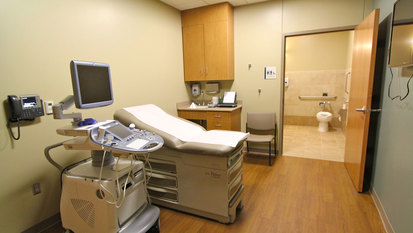PCOS - Polycystic Ovarian Syndrome

Polycystic ovary syndrome (PCOS), also known as polycystic ovarian syndrome, is a common health problem caused by an imbalance of reproductive hormones. The hormonal imbalance creates problems in the ovaries. Normally, the ovaries make the egg that is released each month as part of a healthy menstrual cycle. With PCOS, the egg may not develop or not be released in a regular pattern.
PCOS can cause missed or irregular menstrual periods. This can make it difficult to become pregnant and in some women can contribute to abnormal changes in the uterus such as uterine cancer.
Some of the symptoms of PCOS include:
- Irregular or absent menstrual cycle
- Too much hair on the face, chin, or parts of the body where men usually have hair
- Acne on the face, chest, and upper back
- Thinning hair or hair loss on the scalp or male-pattern baldness.
- Weight gain or difficulty losing weight
- Darkening of skin, particularly along neck creases, in the groin, and underneath breasts
- Skin tags, which are small excess flaps of skin in the armpits or neck area
When patients with PCOS receive treatment, they are able to improve their symptoms and reduce long term risks of developing serious medical conditions such as uterine cancer, diabetes, obesity and hypertension.
